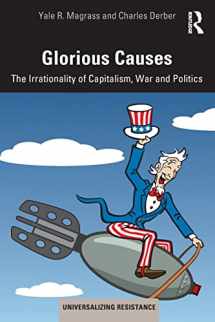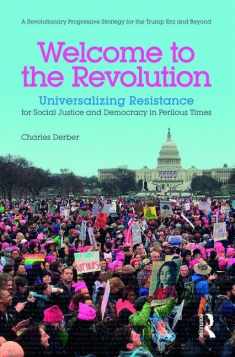
Glorious Causes: The Irrationality of Capitalism, War and Politics (Universalizing Resistance)
Book details
Summary
Description
Drawing on historical cases of the American South before and after the Civil War, Europe – especially Germany – between the world wars, and the United States in Vietnam and its aftermath, this book takes a historical approach to explain the problems of capitalism and democratic leadership in western democracies today.
Capitalist democracies proclaim equality, material prosperity and comfort but produce extreme differences in wealth and power. They promise security and peace, but deliver frequent wars. The promises broken, elites often turn to other visions- partially borrowed from feudalism- to win public support. Nations turn to honor, nobility and war as a way of winning over workers and legitimating the capitalist system itself.
Capitalism’s contradictions often have produced a cultural divide. One side, "cosmopolitans" – urban, see themselves as citizens of the world, not one region or country – identify as secular, preach multi-culturalism, entertain state welfare systems, and are cautious about going to war. Their opponents, "traditionalists," breed among people who feel left behind, anxiousness and insecurity, often embracing community, tradition, God and family.
The devastation of the world wars and the Third Reich led Europe to forgo visions of empire, militarism and glory and focus upon improving the quality of life for their own citizens. Although the United States does not need to experience comparable trauma, they should follow Europe’s example- forget glory and instead build a better life for the American people. The last chapter will consider how such a change could emerge in the US and who might help fight for it.


We would LOVE it if you could help us and other readers by reviewing the book
Book review





